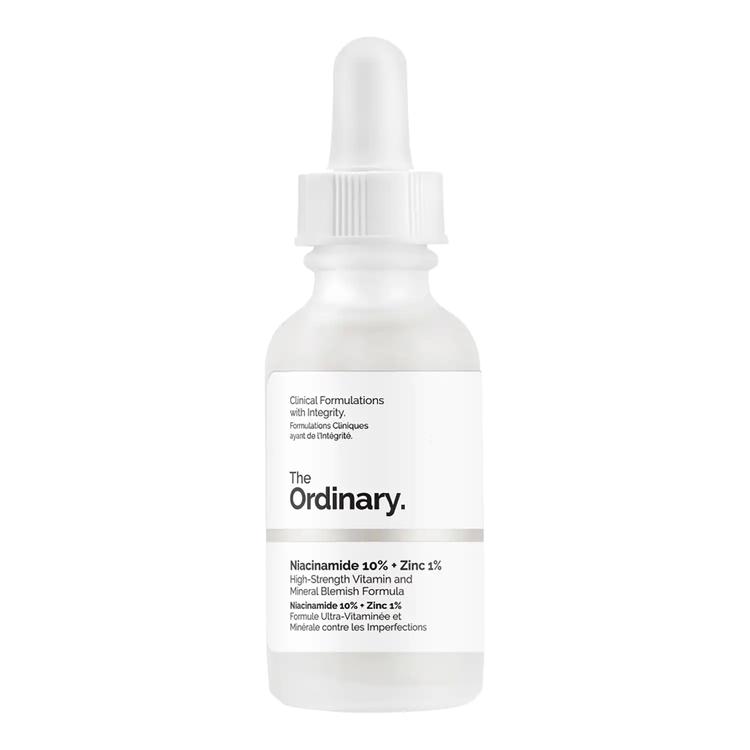Cosmetics with perfumes are bad for the skin: true or false?
Por Ana Gándara
Without parabens, without sulfates, without silicones ... and yes, also without perfumes or without fragrances.More and more labels are ‘without’ that add to the packaging of our cosmetics, a current that begins as something very positive, looking for the most natural and respectful formulas with the skin possible, but that can also create confusion.While it is true that certain formulations can do without certain ingredients, that does not necessarily mean that the products that do include them are ‘bad’.In fact, in recent years, some terms have taken a lot.That said, it is time to analyze whether this is the case of cosmetics with perfumes or fragrances, which are lately in the spotlight.
As with everything in beauty, there is no completely affirmative or negative response, but there are nuances depending on the formulation we are using and the type of skin of the person.“In general, I am always from the opinion that, if something is not going wrong and you like it, you can use it.As long as we do not present any allergy, there is no problem, ”says the expert in dermopharmacy and head of Arbosana Farmacia, Rocío Escalante.Therefore, if a cosmetic is working well, there would be no reason to abandon its use, but it does clarify that it is preferable that "the fragrance does not have a very important weight in the list of ingredients".How much would it be and how much little?As the specialist points out, “you have to look at the inci and see what place occupies.If you are in the top positions, it means that the percentage is high and it would be preferable not to use that product in allergic or sensitive skin.If the perfume occupies a place further back on the list, almost at the end, we know that it will have an insignificant amount.The perfume should not be more than 1% of the formula of the total ingredients ”.Taking this into account, there are other considerations that we must assess.
What is the perfume in a cosmetic?
Obviously, the main reason for its presence is to give good aroma to the product, a factor that, as Rocío Escalante points out, is not as irrelevant as we might think of a first place.“We must not forget that the fact that a cosmetic is pleasant, from the organoleptic point of view, is an added value to be used.There are many people who complain that they don't use a product because they didn't like smell, ”he explains.And is that sensory is very important, especially if we understand our beauty routine as a moment of disconnection and well -being.But there is doubt about whether these ingredients can have any additional utility or skin care.In principle not, although there is an exception: if the smell is given by the use of essential oils -they are usually used in natural cosmetics to avoid synthetic perfumes -since in this case, “they can provide the properties of the essential oil itself, butWith these products you have to be very careful with the sun, ”warns the expert.But no, they are not essential if the aroma is not an important issue for us and we look for a more minimalist formula.
Can perfumes generate skin sensitivity?

This is one of the most widespread beliefs among those who prefer products without fragrances, since its presence in cosmetic formulas with the subsequent development of sensitivity in the skin is related.In this regard, Rocío Escalante insists that “its use in the formula, whenever it is in the minimum quantities, it does not matter or much importance if your skin is healthy and you have no allergy.It is true that we can all develop a sensitivity at any time in our life, but if the presence of perfume is not very high and the skin is healthy, I don't see problems ”.Of course, there is a case in which I would not recommend in general to use a fragrance product: the eye contour, since the expert does not see its presence in the formulation, especially considering that this is the most sensitive areaof the face.
In what cases should we never use cosmetics with perfumes?
Certain skins that have more concrete needs should look for fragance free or perfume free.Rocío Escalante advises opting for these options in the case of “children, sensitive skins and those that present some dysfunction or pathology, also oncological patients”.This is because “sensitive skins are always more predisposed to react against substances such as perfumes that, in addition to cosmetics, are also in the formulas of hygiene or cleaning products.For these, it is always preferable to choose products with more minimalist formulas, with lists of short ingredients and without perfumes, ”.
Under what names can we find a perfume?
In addition to the obvious terms such as Parfum or Fragance, there are other names under which a perfume can be hidden in the Inci - the list of ingredients - of cosmetics, such as essential or essential oils oils.So if we suffer from an allergy, sensitivity or simply want a formula that does not include them, we must also seek that they do not incorporate the words geraniol, citronellol, laundry, eugenol or limonene, as Rocío Escalante points out.Next, some Fragrance Free options.
Buy: Tolérance Control repair and soothing, from Avène (€ 16.31).
Buy: Eye, Biooderma A eye contour (€ 19.95).
Buy: Niacinamide and Zinc serum by The Ordinary (€ 5.99).
Buy: vitamin C, E illuminating serum, ferulic acid and hyaluronic acid, herber (€ 57).
Buy: Night cream with peptides, from MID/Night (€ 44).
Best -selling pharmacy cosmetics
By Ana Morales









1612